-
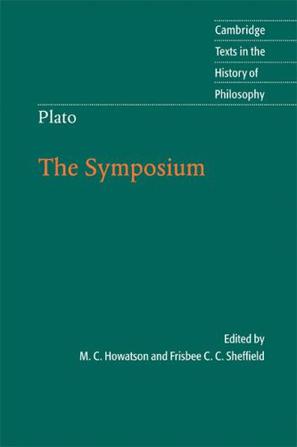
The Symposium
Plato's Symposium, written in the early part of the 4th century BC, is set at a drinking party (symposium) attended by some of the leading intellectuals of the day, including Aristophanes, the comic dramatist, Socrates, Plato's mentor, and Alcibiades, the brilliant but (eventually) treacherous politician. Each guest gives a speech in praise of the benefits of desire and its role in the good and happy human life. At the core of the work stands Socrates' praise of philosophical desire, and an argument for the superiority of the philosophical life as the best route to happiness. This edition provides an accessible and engaging new translation by M. C. Howatson, and a substantial introduction, by Frisbee Sheffield, which guides the reader through the various parts of the dialogue and reflects on its central arguments. A chronology and detailed notes on the participants help to set this enduring work in context. -
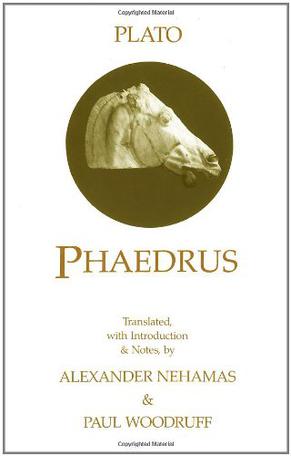
Phaedrus
-
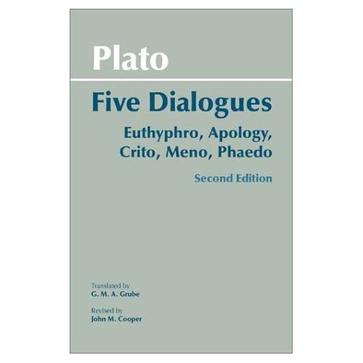
Plato - Five Dialogues
-
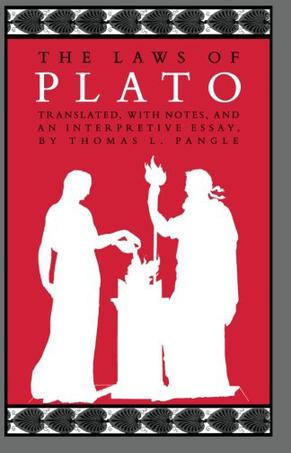
The Laws of Plato
"The Laws," Plato's longest dialogue, has for centuries been recognized as the most comprehensive exposition of the "practical" consequences of his philosophy, a necessary corrective to the more visionary and utopian "Republic." In this animated encounter between a foreign philosopher and a powerful statesman, not only do we see reflected, in Plato's own thought, eternal questions of the relation between political theory and practice, but we also witness the working out of a detailed plan for a new political order that embodies the results of Plato's mature reflection on the family, the status of women, property rights, criminal law, and the role of religion and the fine arts in a healthy republic. "Because it succeeds in being both literal and comprehensive, it is by far superior to any translation available. By reproducing dramatic detail often omitted, such as oaths, hesitations, repetitions, and forms of address, Pangle allows the reader to follow the dialogue's interplay between argument and dramatic context. . . . Pangle's translation captures the excitement and the drama of Plato's text."--Mary P. Nichols, "Ancient Philosophy" "Pangle's achievement is remarkable. . . . The accompanying interpretive essay is an excellent distillation of a dialogue three times its size. The commentary is thoughtful, even profound; and it amply demonstrates the importance of reading Plato carefully and from a translation that is true to his language."--Patrick Coby, "American Political Science Review" -
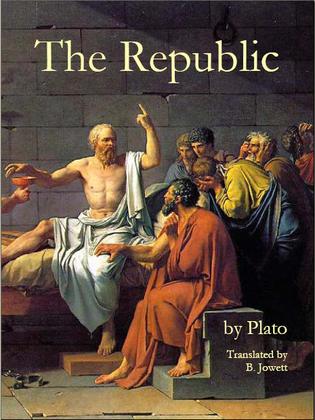
The Republic
(Book Jacket Status: Jacketed) Toward the end of the astonishing period of Athenian creativity that furnished Western civilization with the greater part of its intellectual, artistic, and political wealth, Plato wrote The Republic , his discussion of the nature and meaning of justice and of the ideal state and its ruler. All subsequent European thinking about these subjects owes its character, directly or indirectly, to this most famous (and most accessible) of the Platonic dialogues. Although he describes a society that looks to some like the ideal human community and to others like a totalitarian nightmare, in the course of his description Plato raises enduringly relevant questions about politics, art, education, and the general conduct of life. Translated by A. D. Lindsay From the Hardcover edition. -
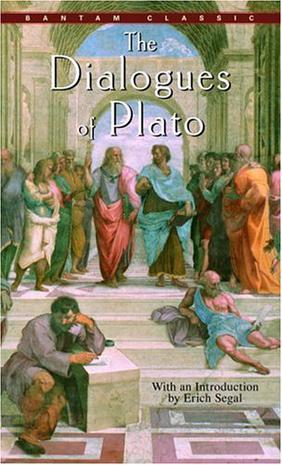
The Dialogues of Plato
Socrates’ ancient words are still true, and the ideas found in Plato’s Dialogues still form the foundation of a thinking person’s education. This superb collection contains excellent contemporary translations selected for their clarity and accessibility to today’s reader, as well as an incisive introduction by Erich Segal, which reveals Plato’s life and clarifies the philosophical issues examined in each dialogue. The first four dialogues recount the trial and execution of Socrates–the extraordinary tragedy that changed Plato’s life and forever altered the course of Western thought. Other dialogues create a rich tableau of intellectual life in Athens in the fourth century b.c., and examine such timeless–and timely–issues as the nature of virtue and love, knowledge and truth, society and the individual. Resounding with the humor and astounding brilliance of Socrates, the immortal iconoclast, these great works remain powerful, probing, and essential.